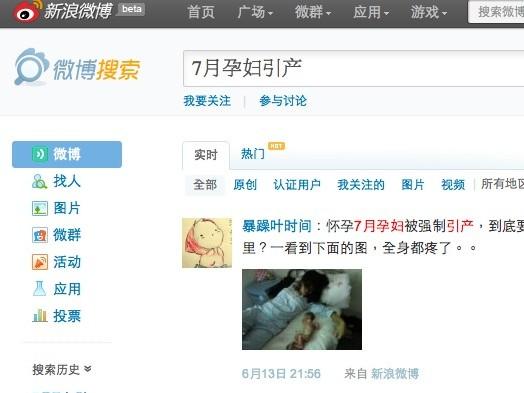Over 3000 laid off employees from four major banks across China were intercepted and dispersed by police in Beijing on their way to appeal to the China Banking Regulatory Commission (CBRC) on Oct. 26.
The laid off bank employees who went to Beijing to appeal were from Hebei, inner Mongolia, Shanxi, Xinjiang Autonomous Region, Heilongjiang, Tianjin and other areas. They were originally employees of major banks in China such as the Commercial Bank of China, the Agriculture Bank of China, the China Construction Bank and the Bank of China.
Mr. Li, a laid off employee from Chongqing city, said that he felt very bad that they didn’t reach CBRC and didn’t have an opportunity to submit their petition.
The employees who were not arrested by police continued their trip to the State Bureau for Letters and Calls in Beijing, to appeal. Mr. Tang, a former employee of the Commercial Bank of China in Sichuan Province, said after they arrived they were stopped outside the door. The office in charge said they don’t deal with appeals regarding banks.
“Now we don’t know where we can go to appeal for the banks’ buyout problem,” Tang said.
Since 1999, major banks in China have been using reform as a justification for “shedding workers to increase efficiency.” Banks fire employees and give them severance.
According to laid off employees in Chongqing city, since Dec. 12, 2002, approximately 600 people in Chongqing were notified that they had to accept the offer of a buyout. The employees insisted on their rights, but local and central authorities would not look into the matter.
Mr. Tang said, “I had been working at Commercial Bank from 1978 to 2011. Now the company notified me that may employment would be forcibly terminated, with some compensation. How can I be trained again to find another career? Will the hiring company choose an elder person? The opportunity is basically zero. This is really difficult.”
Mr. Li said he had worked at Commercial Bank for 22 years. He said he was deceived, and forced to accept the buyout offer on Dec. 30, 2002. He looked for other work without success, and his appeals to regime organs were ignored as well.
The employees forced to accept the buyout are now reaching their retirement ages, with deteriorating health, and children still requiring money for their educations. Unable to find new jobs, they expressed a sense of exhaustion and despair, according to media reports.
Most laid off employees are 40 to 50 years-old; they have a slim chance of re-employment due to their age and education levels. One-time compensation pay-outs ranged from 50,000 yuan (US$7,865) to 60,000 yuan (US$9,438). Based on the length of service, the average employee gets 2,500 yuan (US$393) in compensation per year. After being laid off they don’t have access to pension, employment insurance, or medical insurance. Unable to make a living and in some cases provide for their children, families have been broken up, and some people have committed suicide.
Read the original Chinese article.



